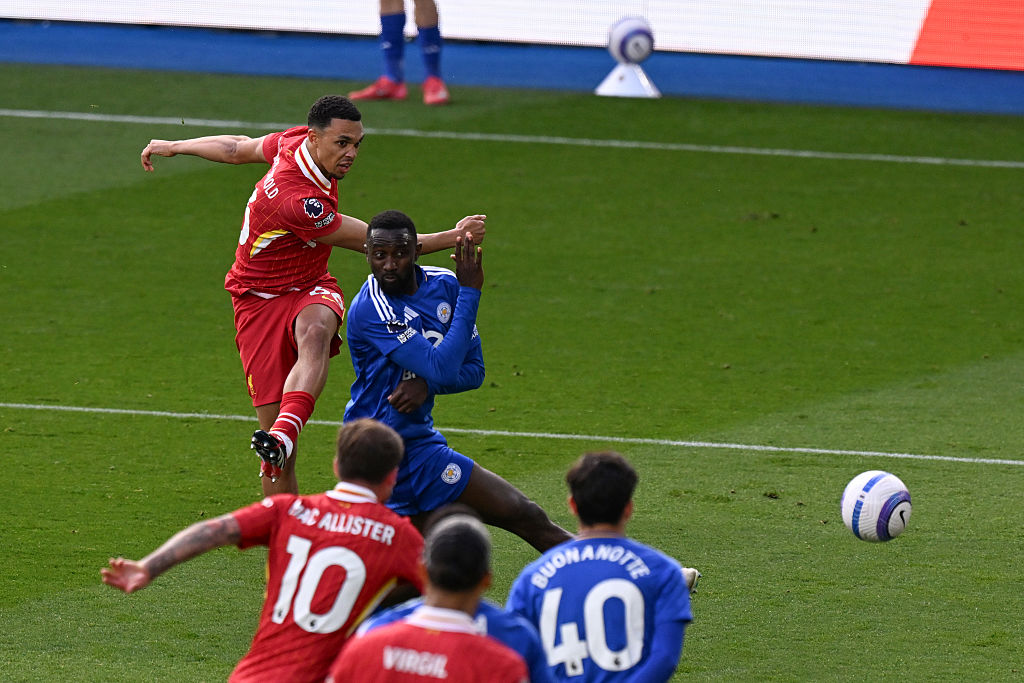ACoN Diary 3: David Dein, visas and the art of groundhopping
Jonathan Wilson continueshis diary of the 2012 Africa Cup of Nationsin Gabon and Equatorial Guinea...
Famously, Lord of the Rings doesnâÂÂt end after the Ring has been despatched into Mount Doom [errr, spoiler alert - ed]. Instead, there are a number of coda, explaining what happened to the characters next. Most anti-climactic â and deliberately so â is the return of Merry and Pippin to The Shire, where they find life insufferably banal after their adventure, the everyday concerns and gripes of the general population dreadfully tedious.
Steve must find something similar every time he goes back from a Cup of Nations. Steve isnâÂÂt his real name, but I donâÂÂt want to blow his cover. HeâÂÂs a local government official â again, letâÂÂs keep this vague â from the north-west, but since 1996, heâÂÂs been at the opening game of every Cup of Nations. More than that, heâÂÂs seen a game at every stadium used since, bar three (the two Nigerian grounds when they co-hosted with Ghana in 2000 and Kayes, in the far north-west of Mali, in 2002). Somehow, he manages to wangle himself accreditation, to persuade various unhelpful to give him a visa, and then manages the logistics of his travel with determination and inventiveness.
Equatorial Guinea is not an easy country to get into. As far as IâÂÂm aware, aside from the BBC, the only British people to have secured a visa for the Cup of Nations through the London embassy are David Dein and I. It took me about two months of negotiation and pleading, phone calls and emails, and even then it was only processed thanks to two people â Kennedy at CAF and Angelina in the embassy â going far beyond the basics of their job.
Groundhoppers will be sure to take in Stade d'Angondjé in Libreville, Gabon
Steve, goodness knows how, persuaded first FlyBe then Air France to let him on the plane from Manchester to Paris and then Paris to Libreville with just a letter supposedly guaranteeing he would be granted a visa on arrival (Air France had told me there was no way this would be possible). He got a dual visa there, flew to Bata for the opening game, and then on to Malabo on Sunday. Early on Monday he caught a plane to Libreville for GabonâÂÂs victory over Niger and TunisiaâÂÂs 2-1 win over Morocco. The next day he flew to Franceville for the Group D fixtures before taking a train back, flying back to Malabo and then to Paris and Manchester.
All but one of the other British groundhoppers were thwarted by the visa restrictions and the cost. They are an odd and eccentric bunch, dedicated to nothing more than âÂÂcollectingâ grounds, whether at major tournaments or just in normal league games. Conversations with them tend to drift inevitably to discussions of how many Austrian second-division grounds they have left to do, or if anybody knows a cheap guest-house in Waalwijk, or how the Cup of Nations hasnâÂÂt been the same since Burkina Faso in 98.
Get FourFourTwo Newsletter
The best features, fun and footballing quizzes, straight to your inbox every week.
Until the mid-nineties it was a predominantly British pursuit, but the Germans have taken over. King Hopper now is Kurt (again, not his real name). I saw him this week as well (at least, I think I did; heâÂÂs one of twins, so itâÂÂs hard to be quite sure); he led a band of German hoppers in by air to Libreville, from where they drove to up to the Rio Mitemele and crossed the border by pirogue.
There is a train-spotterish aspect to hopping, of course, but they also have a sense of adventure and a staggering level of initiative. But when Steve arrives back in his drab local authority office tomorrow, you do wonder whether his other employees have any notion of how extraordinary the logistical feats heâÂÂs performed this week have been.
